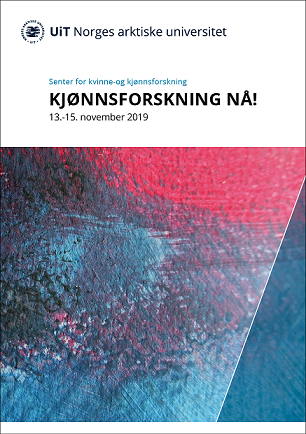Witchcraft and the Enlightenment: Reinterpreting the Witch in the Eighteenth Century
DOI:
https://doi.org/10.7557/5.5072Abstract
New Research Idea: Representing a point of intersection between the natural, the supernatural, law, fact, and fiction, witchcraft makes an excellent case for studying changes in the belief systems during the eighteenth century. Witchcraft remained a topic of intense discussion and heated debates long after it ceased being officially treated as a crime. The period is extraordinarily rich in literary material concerning witchcraft, from pamphlets, essays, news sheets and legal histories to pantomimes, poems, chapbooks, and at least one novel, yet these have so far received relatively sparse academic attention. In order to obtain a deeper knowledge and understanding of the development and the major and minor changes in the discourse on witchcraft during the 1700s, the proposed project analyses its manifestations in English and Scottish non-fiction and literary texts spanning the above-mentioned forms and genres. Exploring the mediation of texts/narratives/stories and examining the sociocultural considerations of “how and why stories are re-worked in different historical and cultural contexts” (Elliott: 149), the proposed project studies how the various texts enter into dialogues with each other and how they play into other concerns. In doing so it gives particular attention to shifts in the representations of the witch figure, its manifestations, function, and voice, and its interrelationship with gender politics. The proposed study builds upon and expands my previous research into the seventeenth century: “Scripting the Witch: Voice, Gender and Power in The Witch of Edmonton (Rowley, Dekker and Ford 1621) and Witchcraft (Baillie 1836)” (Master’s Thesis Nov 2016 UiT).
Metrics
No metrics found.









